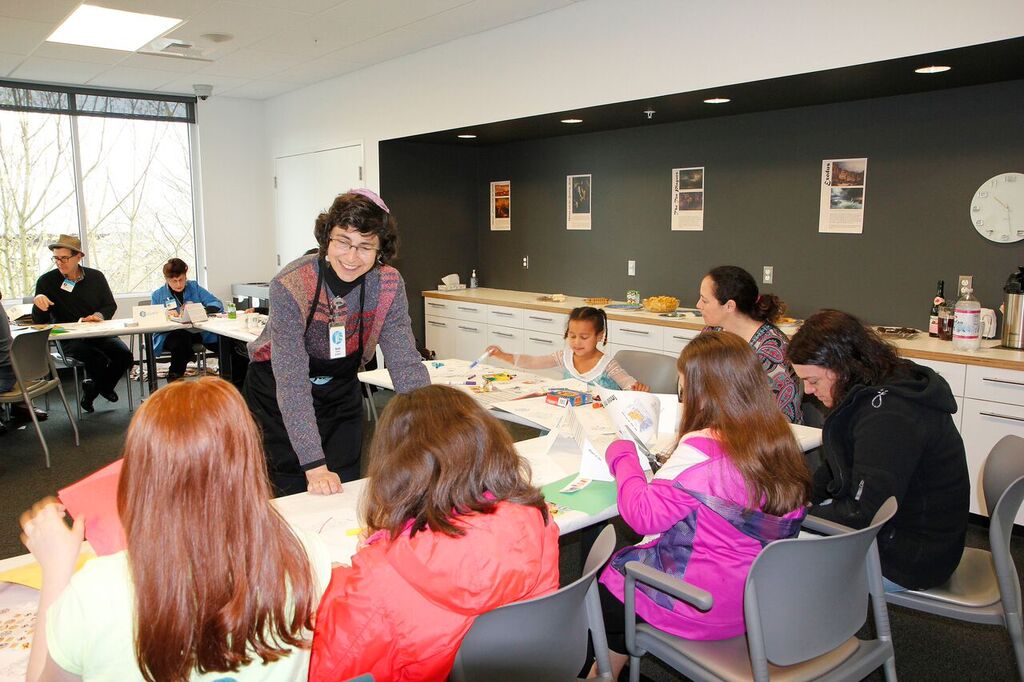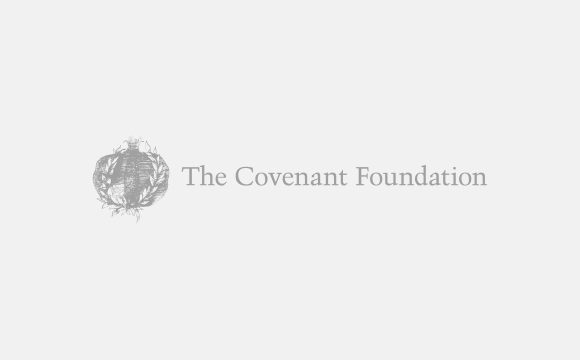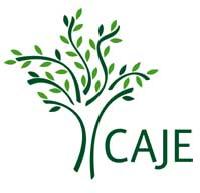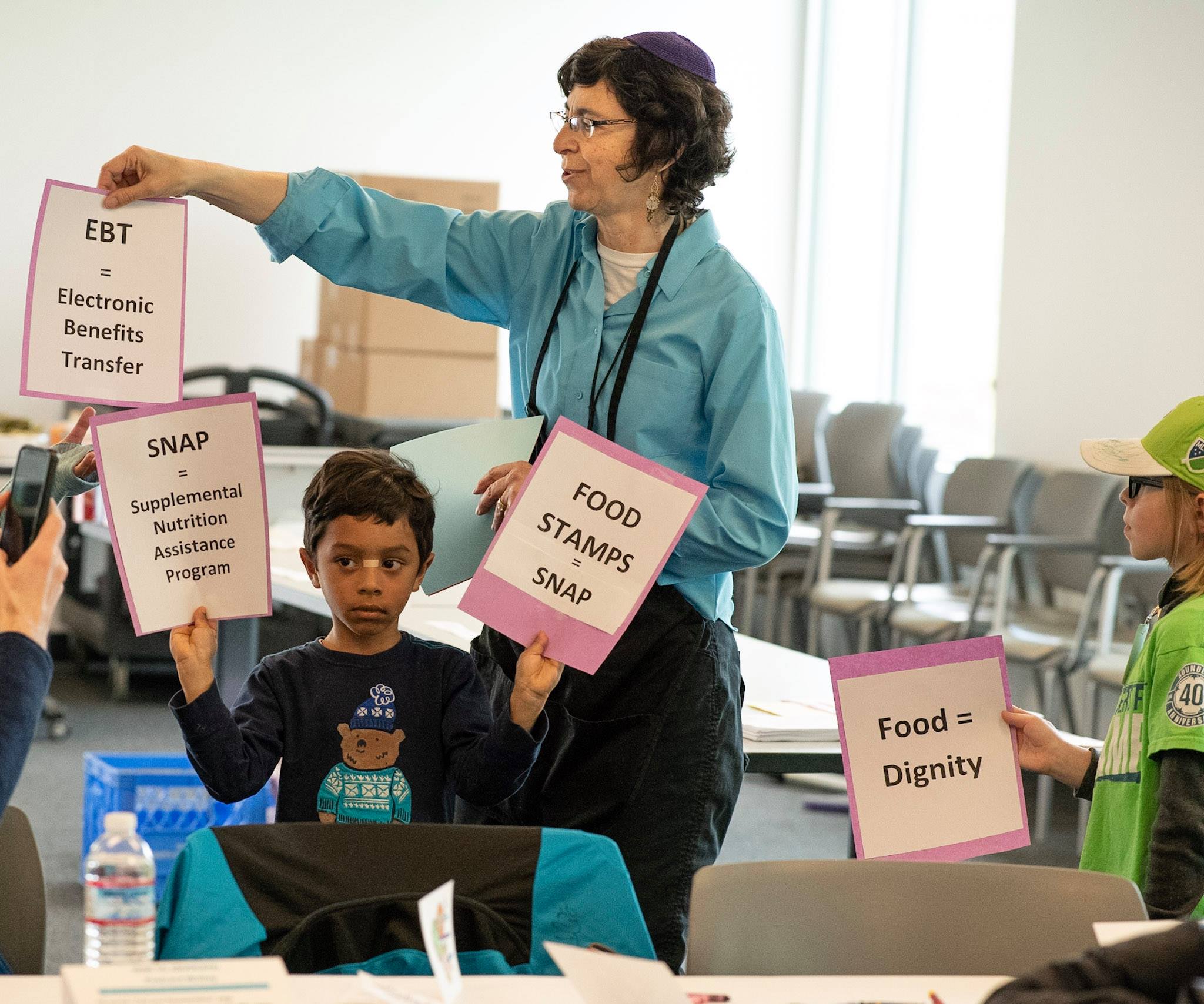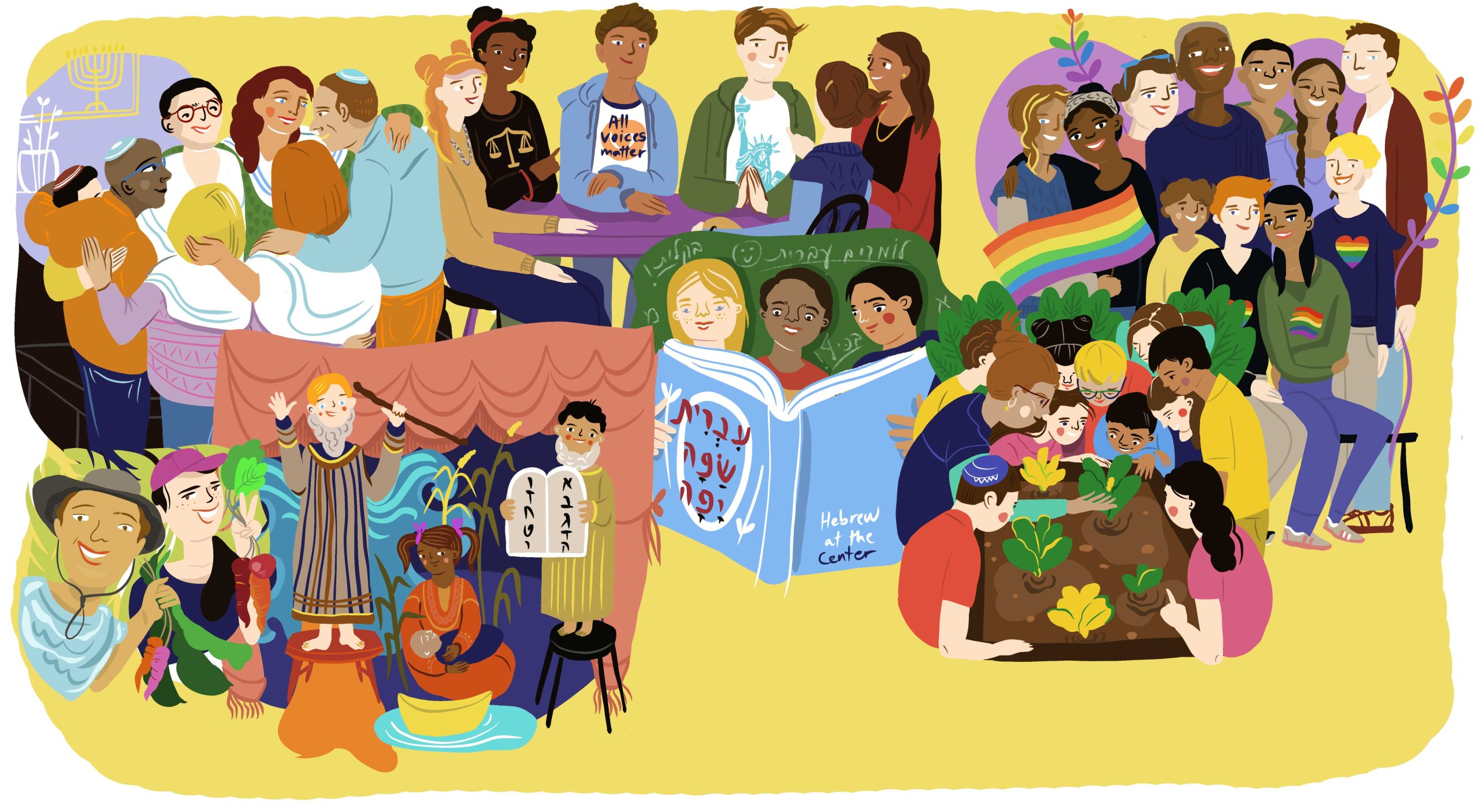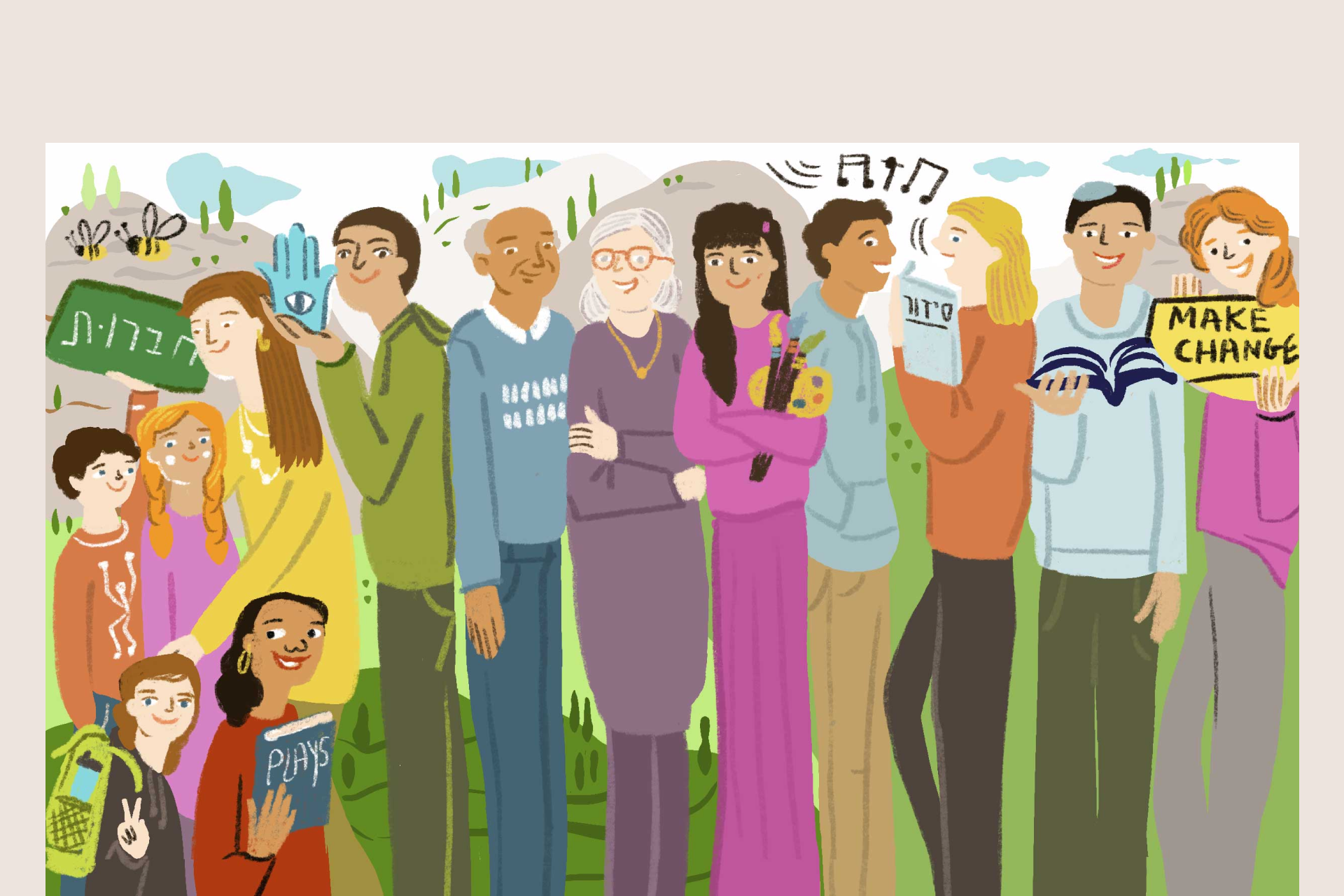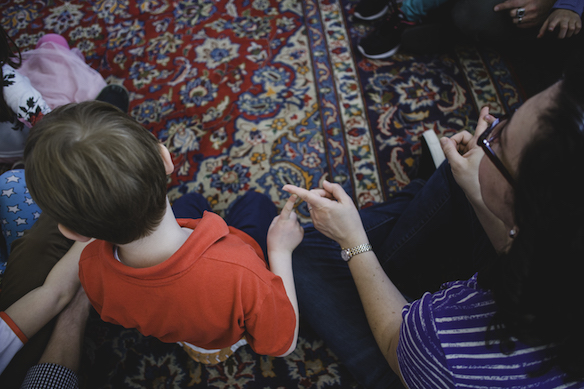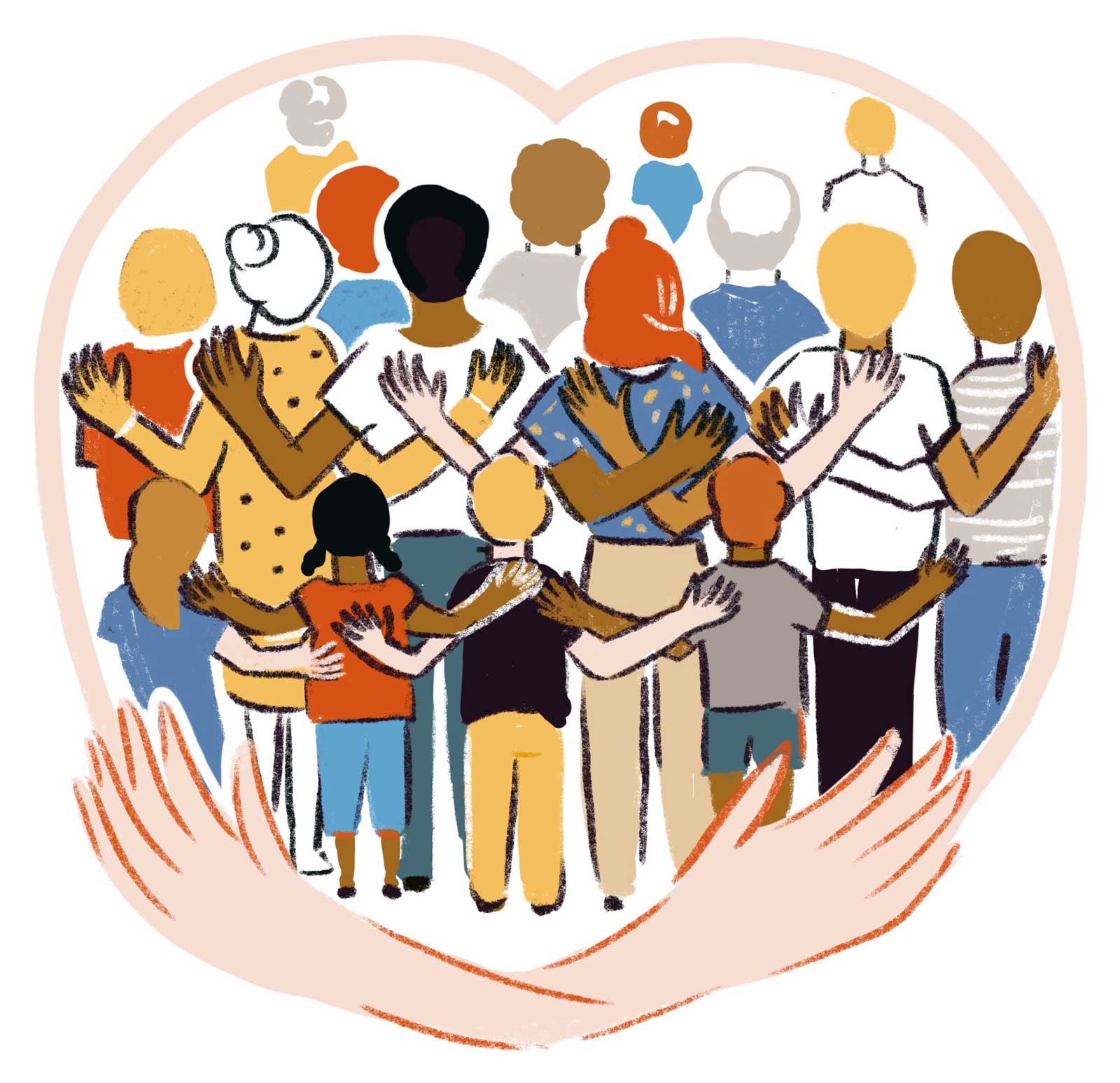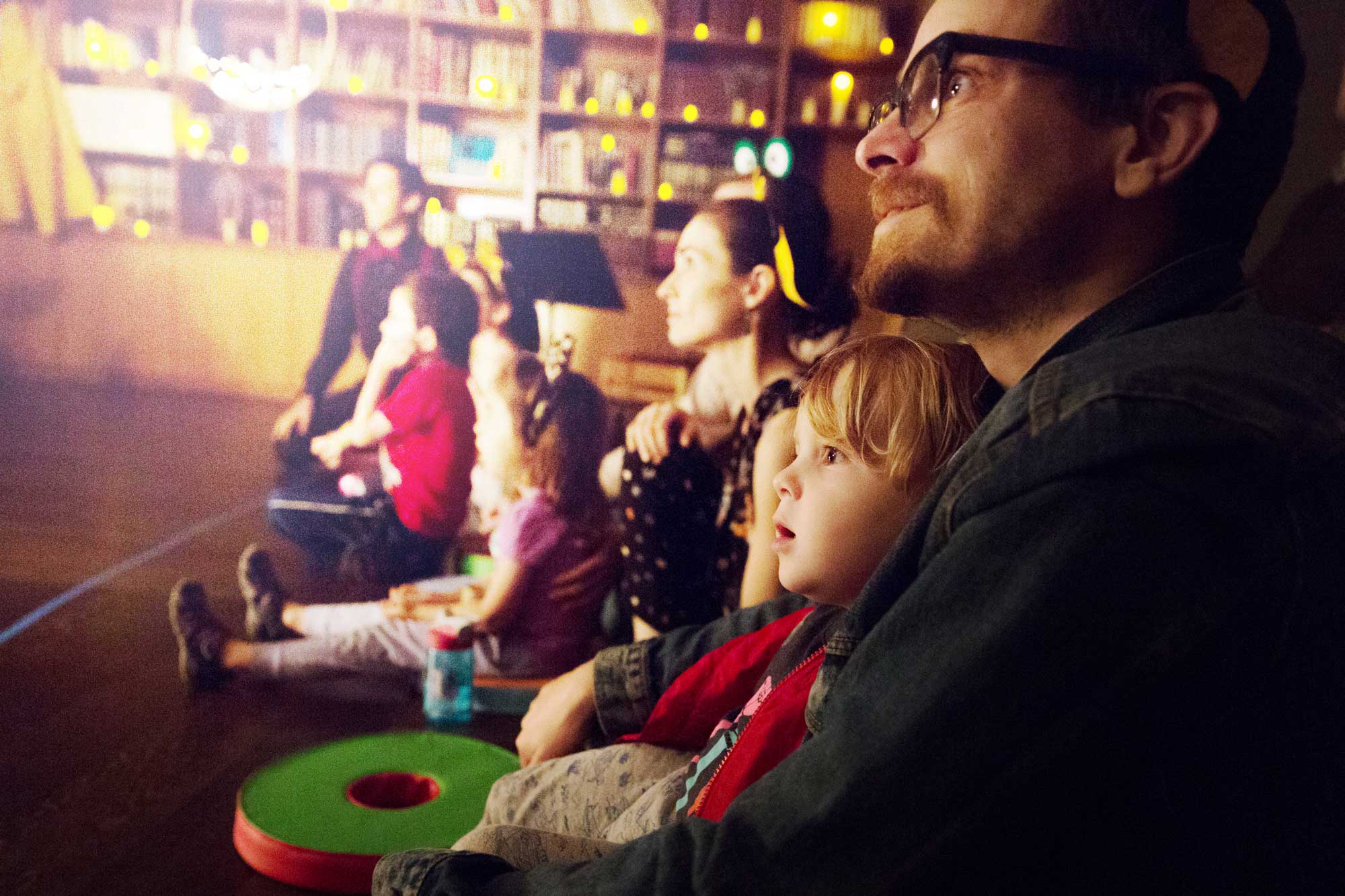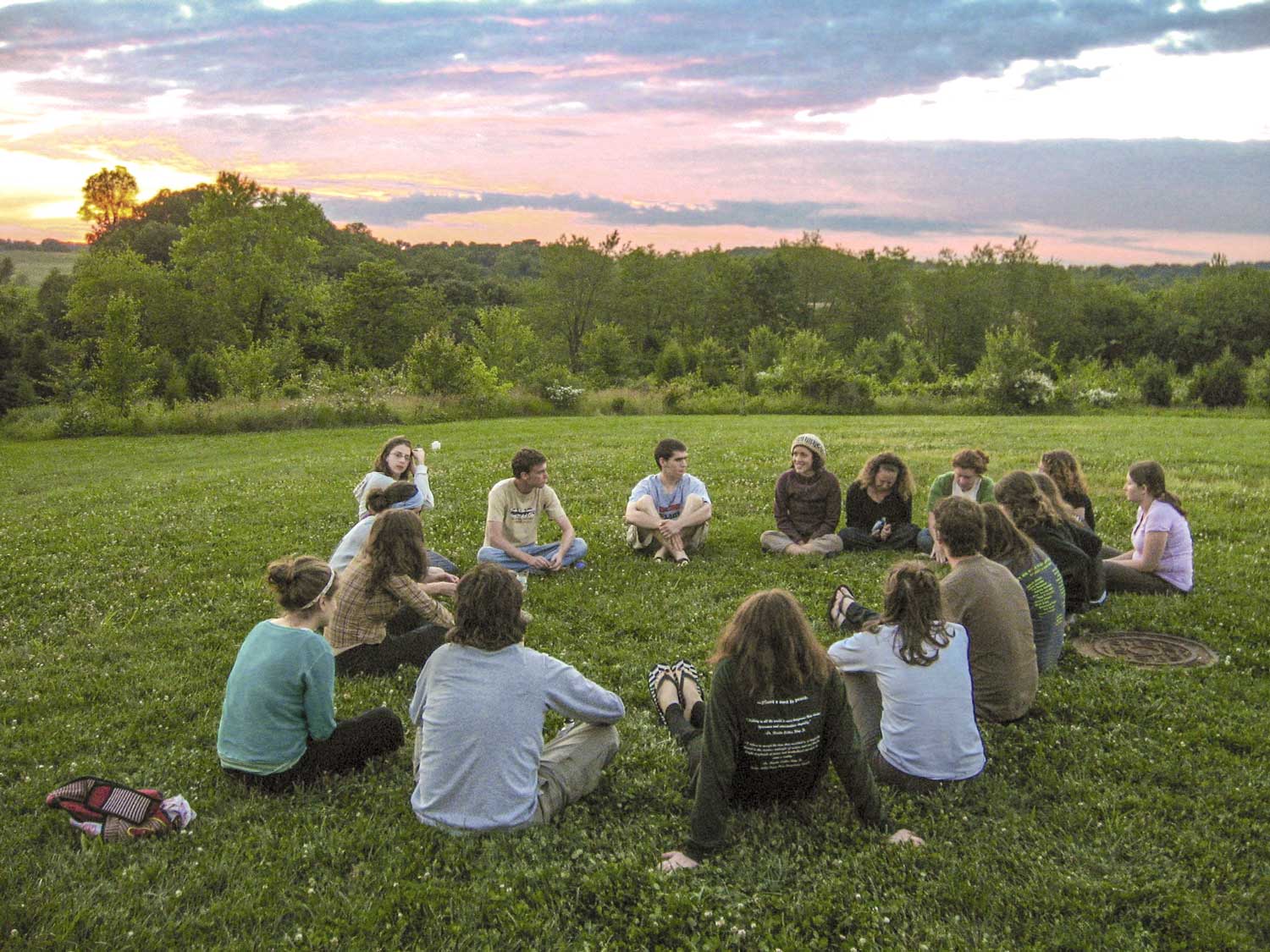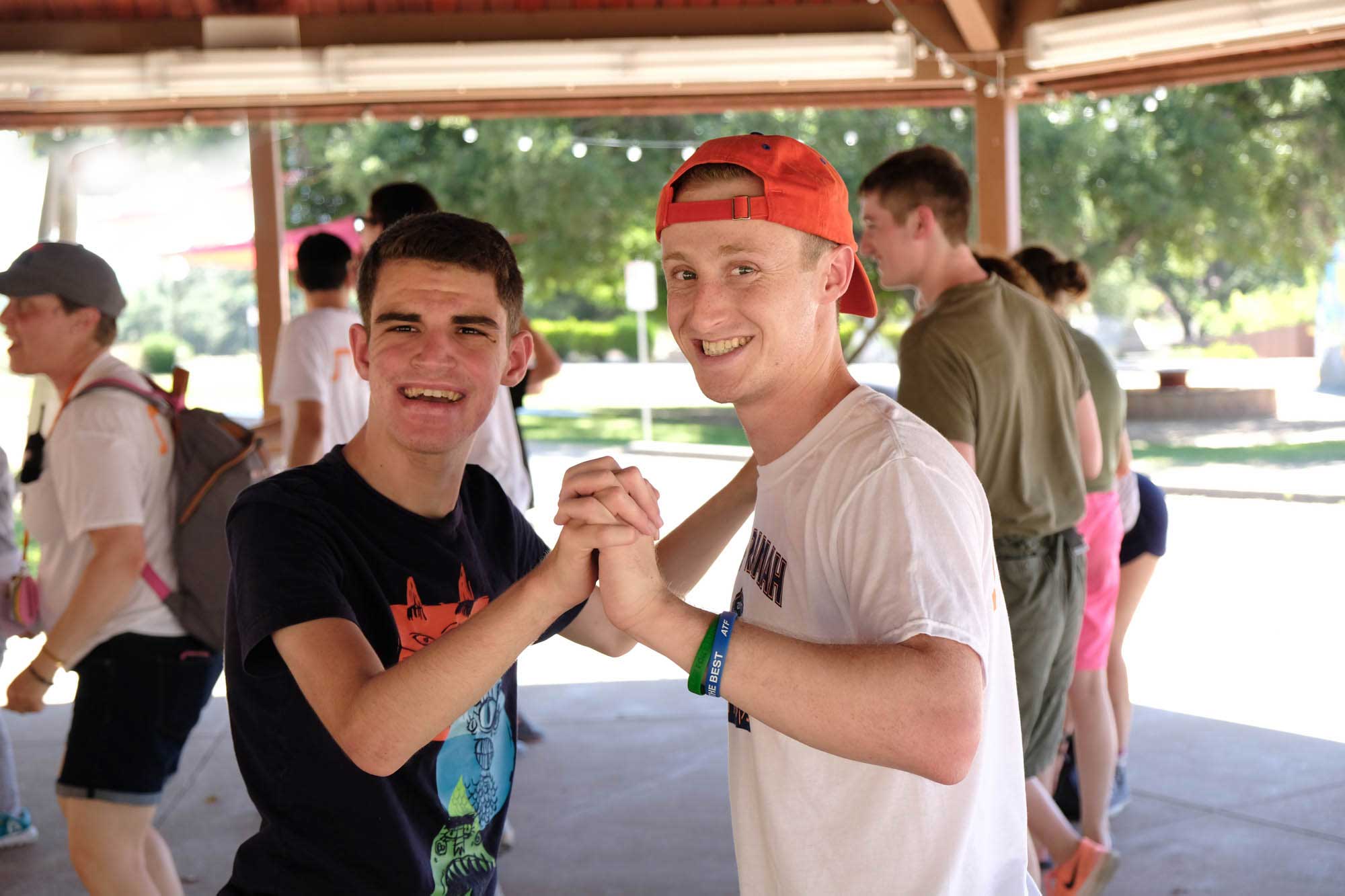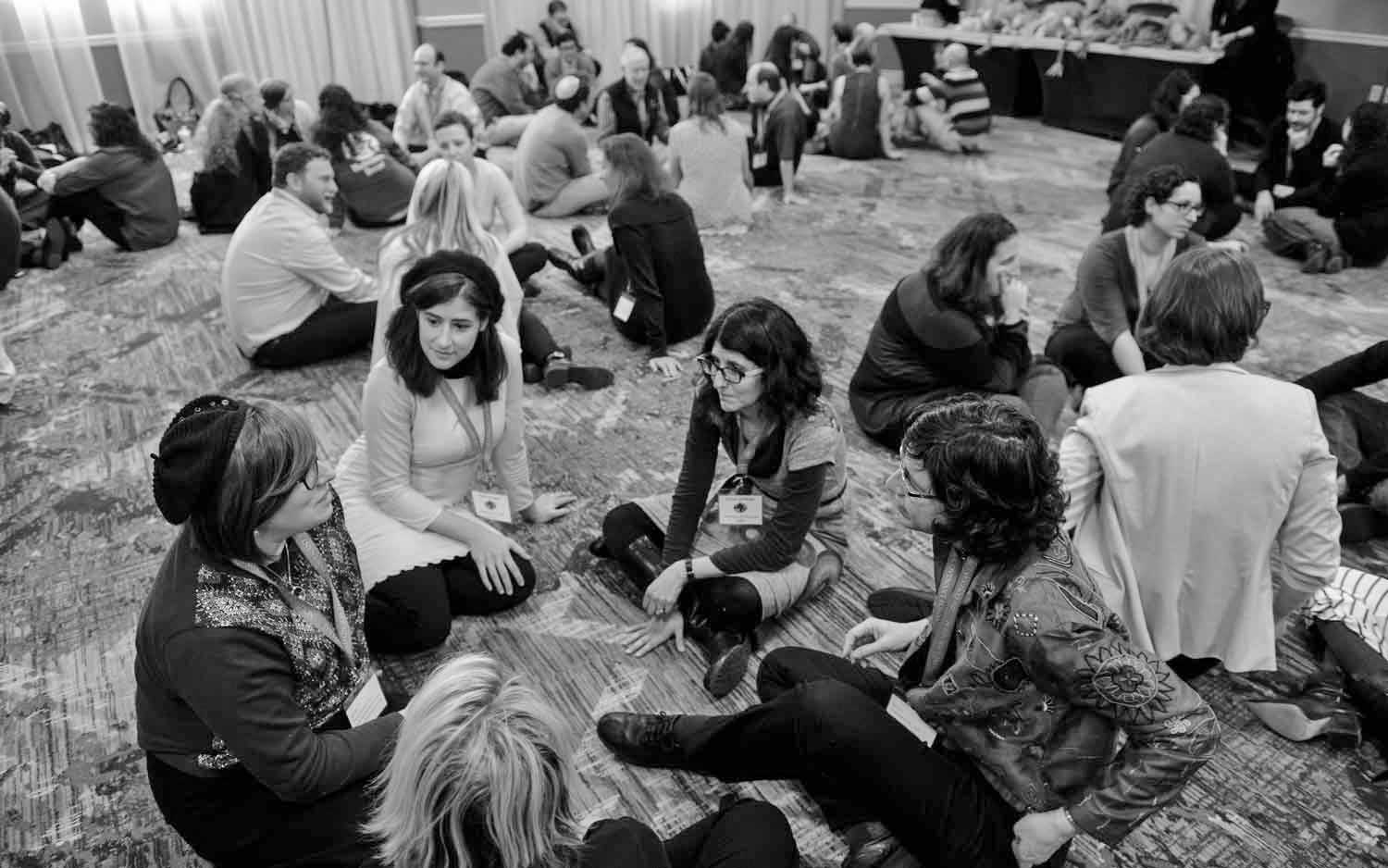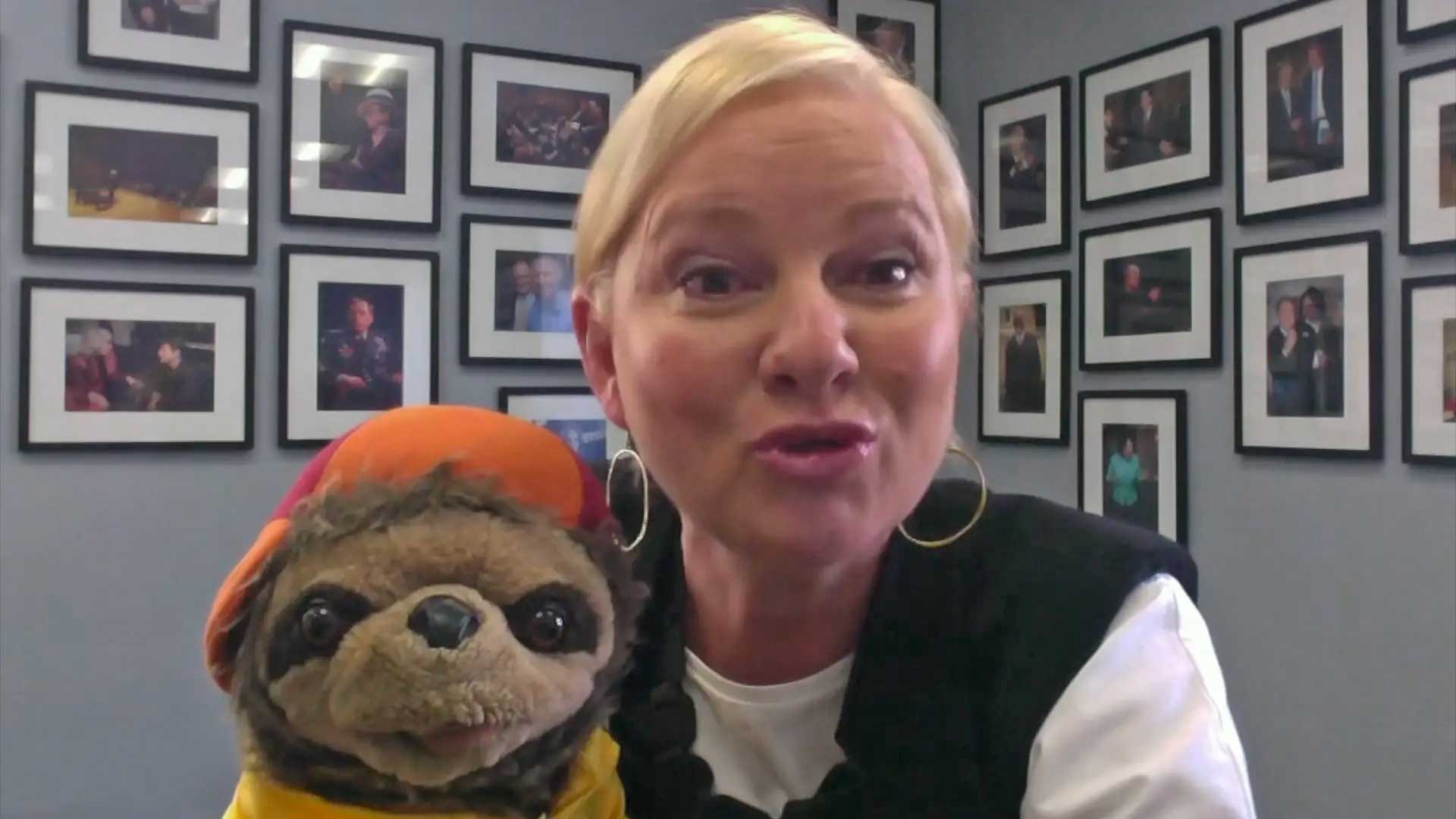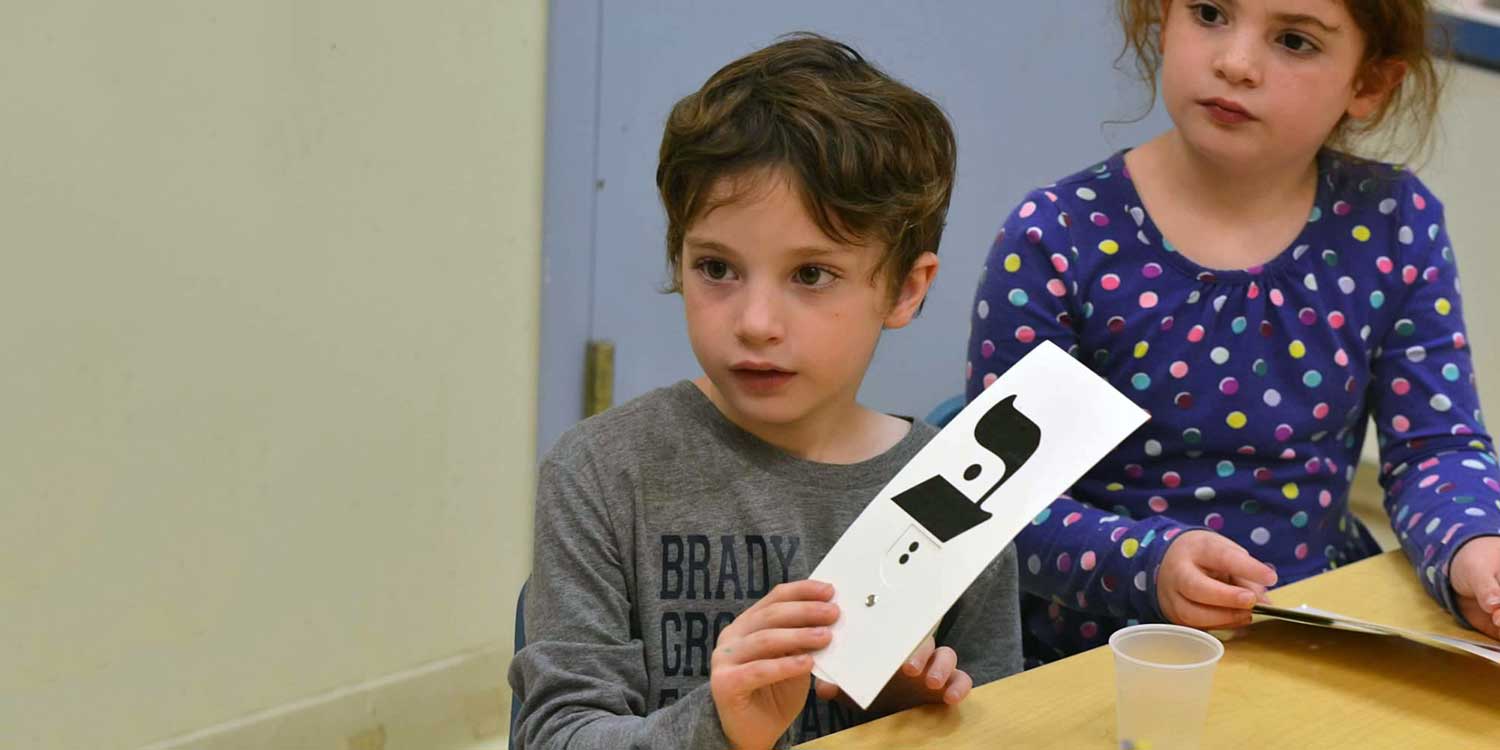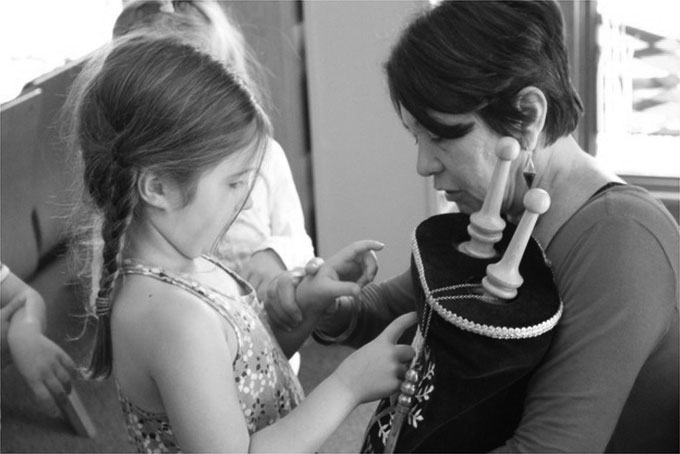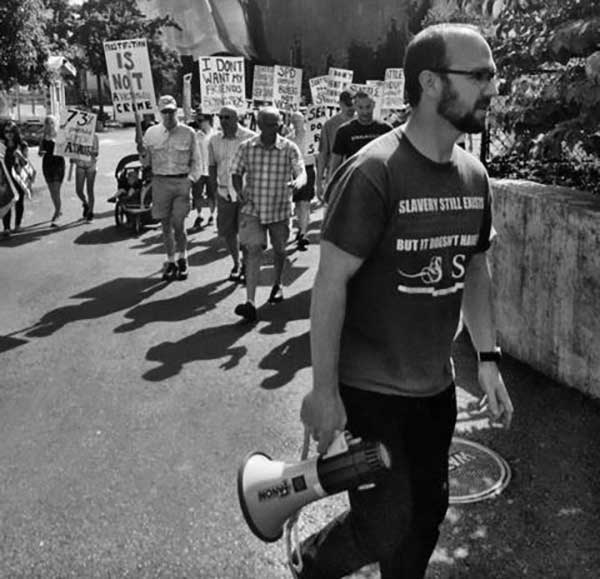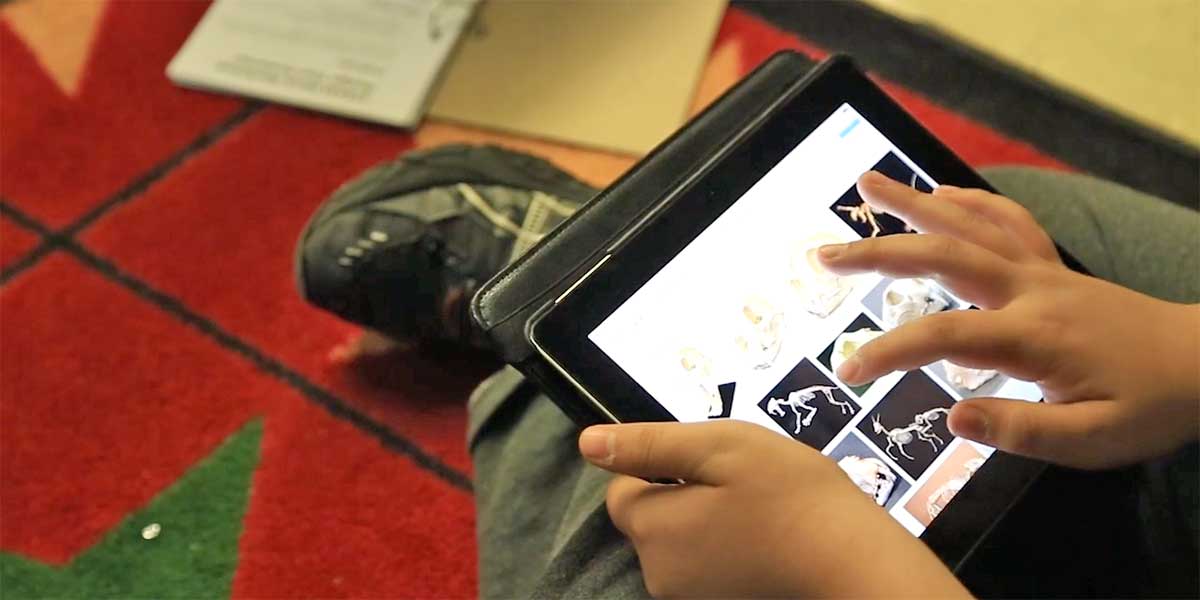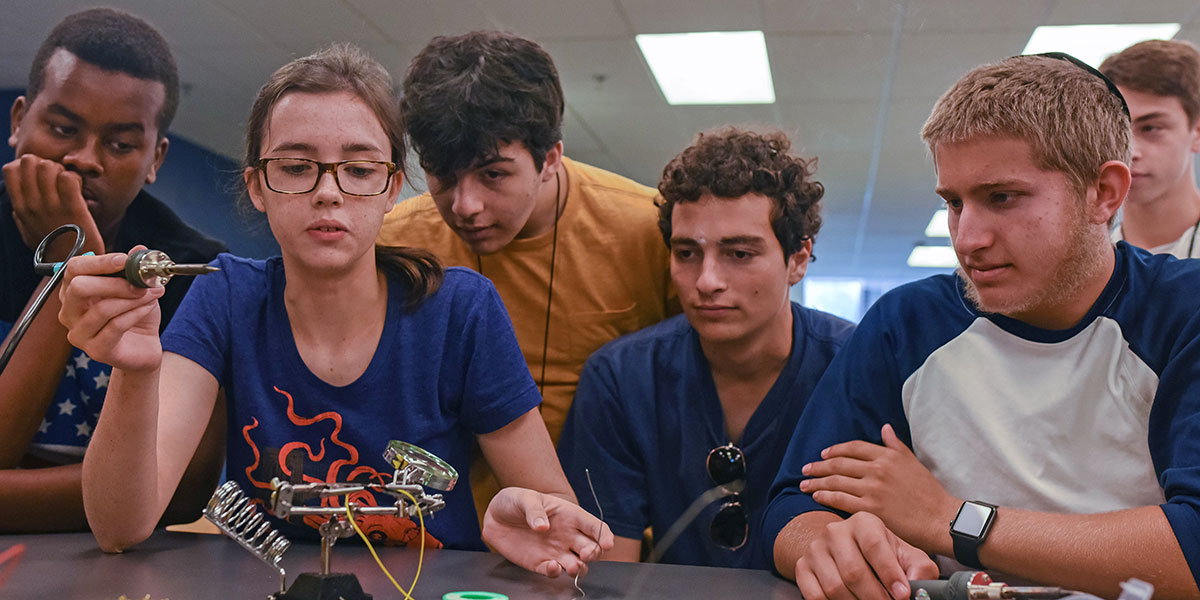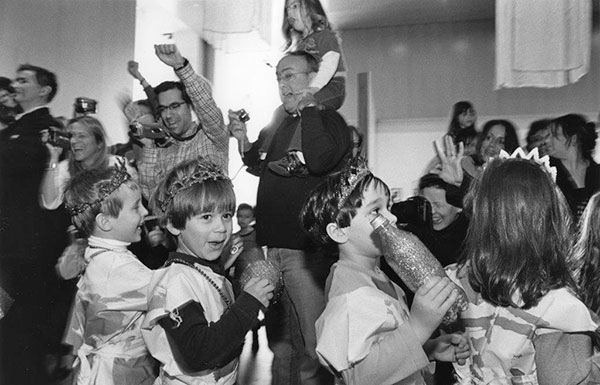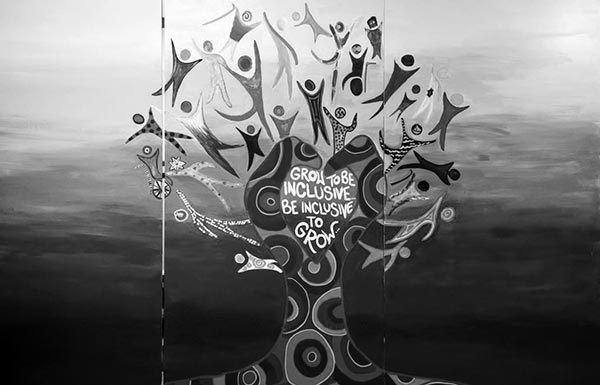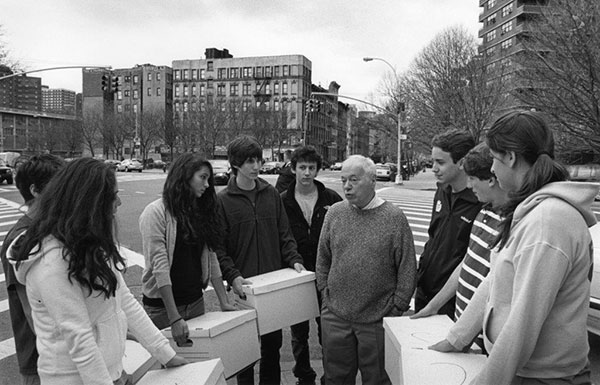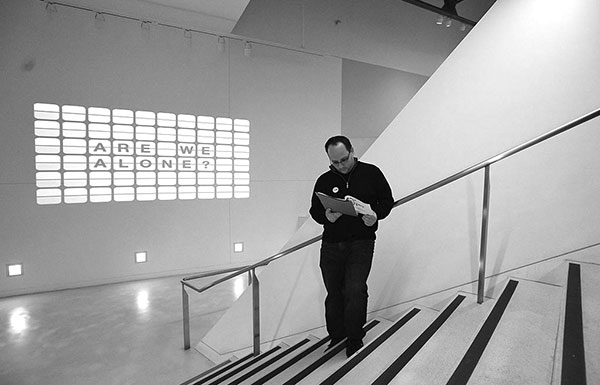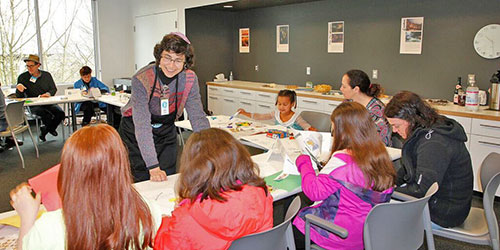
ARTICLE Embedding Jewish Education into Agency Wiring: JFS and Project Kavod
At the start of Tu B’Shvat last month, staff members at Jewish Family Service of Seattle (JFS) got an email that was meant to give them some pause, and generate a bigger conversation.
“In Judaism, a righteous person is often compared to a tree. The deep roots, life-giving fruit, oxygen, shade … are metaphors for the power of a good person in this world,” it said.
The email was a slight but illuminating slice of JFS’s Project Kavod(Dignity), a Covenant Foundation-supported program that is purposefully recharging – if not igniting - connections to the organization’s Jewish-values driven mission all the way from the boardroom to the mailroom, and from volunteers to clients.
Broadly, Project Kavod is creating an alternative educational and organizational space for JFS officers, employees, volunteers and other stakeholders to discuss religious, philosophical and cultural concepts and texts with each other, within and across all levels of the JFS structure, and to create a shared language and consciousness.
The initiative, JFS officials said, is born of modern day realities in which Jewish organizations encounter an increasingly diverse community, and levels of Jewish affiliation and observance in flux.
“The biggest challenge that I faced when I was hired was explaining the ‘J’ in JFS,” said Rabbi Will Berkovitz, CEO of JFS Seattle, “and determining what it looks like to run this organization in a secular world. One piece of how we address that is education, particularly of Jewish values.”
The initiative launched last year under the direction of Beth Huppin, a nationally known Jewish educator and 2010 Covenant Award recipient for excellence in the field.
Flashback to Hanukkah last year. Several hours before the holiday began, dozens of Seattle-area families gathered to pack bags of food to deliver to elderly, homebound and indigent neighbors.
But it was much more than a chesed moment. Among the crates of canned goods and packaged grains, Huppin led a discussion among children and adults about the “why” of it all and how to incorporate the spirit of light and giving throughout the year - and not just during the holiday itself.
“Hanukkah isn’t the only time to think about giving to other people,” she said. “What would happen if every night or every week you put a can of food in a bag? Then it turns into a habit and the miracle of light can last throughout the year. It’s the drip, drip, drip that can make a big difference to ourselves and to others that we help and support.”
Parents said it was beyond useful to them and their children to hear and absorb the Jewish take on preparing food packages.
“We try to make volunteering a regular part of our family life,” said Lisa Lotus of Seattle, who was designing and personalizing holiday cards along with her five-year-old daughter, Maeve. “As Beth is teaching us, this is a Jewish value that can and should guide us in life as Jews.”
“It is important that this be infused into the DNA of this agency, for people to process what they are doing within a Jewish framework, and to shift and reshape the culture of the organization in such a way,” Rabbi Berkovitz said. “In Project Kavod, we have a structure to have this critical conversation.”
While the initiative by necessity includes such moments as brown-bag lunch events and holiday-themed discussions, it is also playing out in more unique, widespread and generative ways both internally and externally as this more purposeful Jewish-values framework expands and takes hold.
The imprint of Project Kavod is present, for example, on the agency’s work on domestic violence and hunger, and is informing its efforts on substance abuse and refugee resettlement in the Seattle area.
And this month, board members, staff and volunteers are participating in a series of seminars examining the theme of Jewish obligation, most specifically to the sick, the needy and newly arriving refugees.
At its core, Huppin said, Project Kavod is making Jewish mindfulness central as it plays out in expected and unexpected ways.
“For any organization to stay true to its values, it’s important to talk about and explore them,” she said. “Project Kavod is a formal recognition of the importance of this. From a funding perspective, the choice shouldn’t be this or the food bank. But there has to be more thinking about what we do and why we do it. We have to rise above the weeds sometimes before we go back into them with more purpose and clarity.”
As one of the most predominant and longstanding social service agencies in northwest Washington State, JFS is positioned well to be an example to other Jewish organizations of reconnection to values through purposeful education, and officials said as much.
“This is a highly replicable model, ” Rabbi Berkovitz said. “It would be wise for others to start thinking about what Jewish education can look like and embed it into the wiring of their agencies. We are not just talking about classes here. We are moving Jewish education from the margins and into the soul of this place. We are swimming in Talmud here.”
